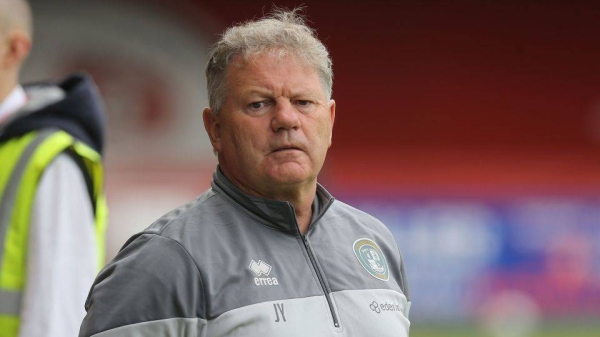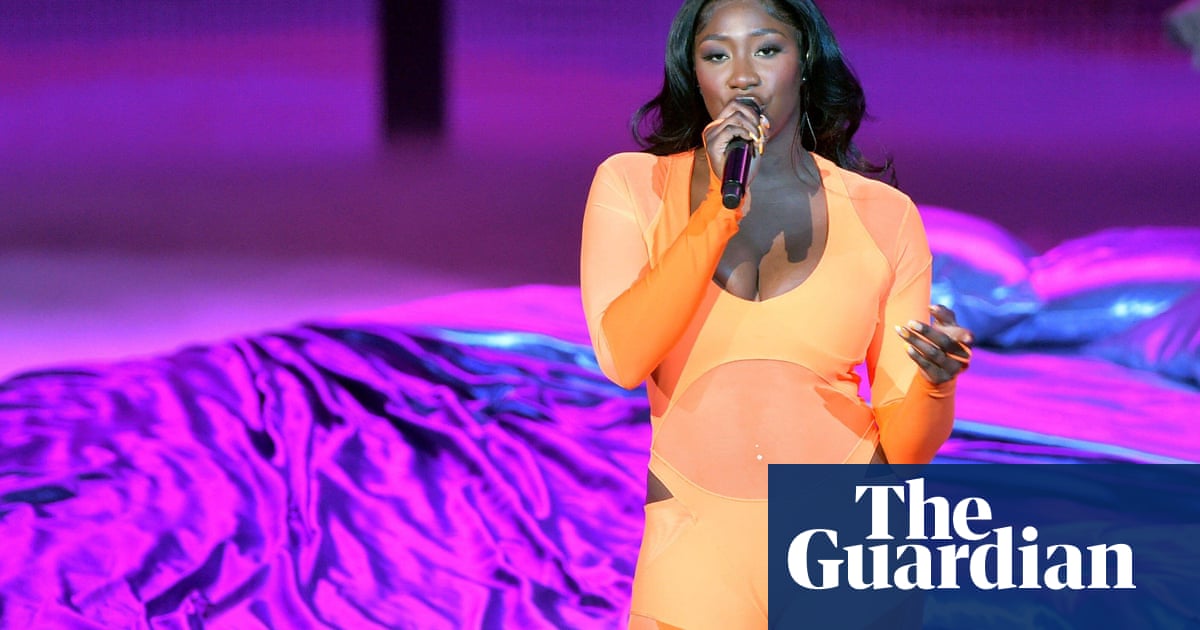
Senior black politicians and campaigners have rounded on the government for suggesting the UK is not racist and for claiming that the Black Lives Matter protests across the country are simply based on anger about prejudice in the US.
David Lammy, the shadow justice secretary, said it was “real ignorance” to suggest that the protesters were angry only about police brutality in the US rather than discrimination in the UK as well, while Dawn Butler, a Labour former minister, said suggestions that the protests largely related to America were a sign that the government was “again not listening and shows no commitment to resolving the issues of racism in our own country”.
Protests across the world were sparked by demonstrations in the US in response to the killing by police of George Floyd, a black man who was filmed repeatedly saying “I can’t breathe” as an officer kneeled on his neck for nearly nine minutes.
Since then, the protests have attracted tens of thousands of people across the UK despite the coronavirus lockdown and led activists in Bristol to tear down a statue of an 17th-century slave trader, Edward Colston. However, the government faced a backlash after Matt Hancock, the health secretary, tried to downplay the UK’s relevance to Black Lives Matter demonstrations.
“I think, thankfully, this is all based in response to events in America rather than here, but we also must continue the drive here for tolerance and genuine equality of opportunity,” Hancock told Sky News. Asked whether he thought the UK was racist, he said: “I don’t, but I do think there’s injustice that needs to be tackled and I’ve spent my political life fighting for equality.”
Priti Patel, the home secretary, also called on police to investigate the “utterly disgraceful” toppling of Colston’s statue, adding: “Sheer vandalism and disorder is completely unacceptable.”
On Sunday evening Boris Johnson tweeted that the Black Lives Matter protests had been “subverted by thuggery – and they are a betrayal of the cause they purport to serve”.
Earlier this week, the prime minister repeated the phrase “Black lives matter” in the House of Commons, but ministers warned people not to protest because of the risk of spreading coronavirus. At the same time, a Public Health England report showing that black, Asian and minority ethnic people are disproportionately affected by Covid-19 has been criticised for failing to make any recommendations to address the problem.
Butler, a former minister for young people and the first black woman to speak at the dispatch box in the Commons, said: “People are angry in the UK for many reasons. We know there’s systemic racism in the UK. Covid has highlighted the grave consequences of discrimination and poverty. People are angry in this country because the Windrush scandal and Grenfell … highlighted the structural racism in our country. So to say that it’s an imported problem is again not listening and shows no commitment to resolving the issues of racism in our own country.”
Butler said the failure of the PHE report to make recommendations for action was a “slap in the face to Black Lives Matter movement” and she had written to the body asking for it to publish third-party submissions on the problem, which were missing from the final report. She also called for the government to implement the recommendations of past reports rather than ordering another from Kemi Badenoch, the equalities minister.
Lammy, who wrote a report on inequalities in the justice system for Theresa May’s administration, said the government should acknowledge that “racism and prejudice exist in the United Kingdom as well as the United States”. He added: “To suggest there is only a problem on the other side of the Atlantic might make Matt Hancock feel better, but it shows real ignorance.
“People in this country are not only showing solidarity with George Floyd and other African Americans. We must turn this moment into one of change and justice in the UK too.”
Lord Woolley, chair of the Downing Street race disparity advisory group, pointed to a poll published by YouGov last week showing that only 6% agreed with the statement that the UK was not a racist society.
He said: “A ‘racist’ and ‘racism’ are clearly very emotive words and the unfortunate reaction to them is to deny an undeniable truth. And in that denial it’s very difficult to deal with the reality that holds people back for no other reason than the colour of the skin. In this historical, critical time, to deal with the enormous challenges, our first step must be honesty and then action.
“But if there’s a denial of the very problem, then you can’t act. I would welcome a direct conversation with the secretary of state [Hancock], because I’m 100% convinced that he knows there are deep-seated racial inequalities in this country that we have to fix. So we can put the – what he may see as – emotive language aside and get on with closing the disparities.”
Zubaida Haque, interim director of the Runnymede Trust, the race equality thinktank, said: “I think Matt Hancock’s comments are deliberately trying to deflect responsibility from public institutions and government with regards to the extent to which they have discriminated against and held back black and ethnic minority communities.
“Every member of the public will be thinking, ‘I’m not racist he’s right’, but actually the accusation of Black Lives Matter protest is not about the public, it is about the police, it is about the criminal justice system. It is about education and it’s about the government.
“It’s not the public that are detaining and deporting black and ethnic minority people. It’s not the public that are stopping and searching black young people 10 times more than white young people.”
As the government came under fire over its response, Sajid Javid, the Conservative MP and former chancellor, said the government had to do more to address racial inequality in society. Writing in the Sunday Times, Javid – who also previously served as home secretary – said the UK must not pretend that it does not have substantial obstacles to overcome in regard to integration and opportunity.
“There are still parts of society that are more concerned about the status quo than justice and humanity,” he wrote.
He said racism could occur anywhere in the world, and that new ambition was needed to break down barriers in Britain.
“The government can and must do more to address racial inequalities in our society,” Javid went on. “As with all large-scale, systematic challenges, only the prime minister is capable of driving real change, and I know he cares deeply.”
However, he later agreed with Patel about the Colston statue. He tweeted: “I grew up in Bristol. I detest how Edward Colston profited from the slave trade. But THIS IS NOT OK. If Bristolians wants to remove a monument, it should be done democratically – not by criminal damage.”
Badenoch is now reviewing the impact of Covid-19 on BAME communities, looking at the “effectiveness and impact of current actions”. Over the weekend, she wrote in the Mail on Sunday, hitting out at “irresponsible reporting [that] inflames an already impassioned situation”.












